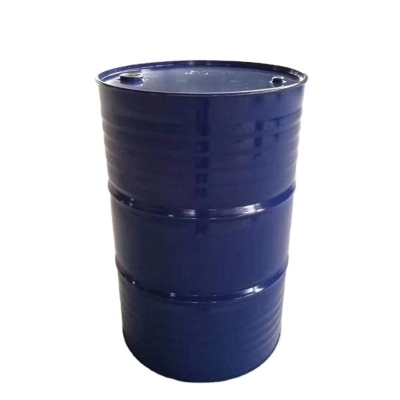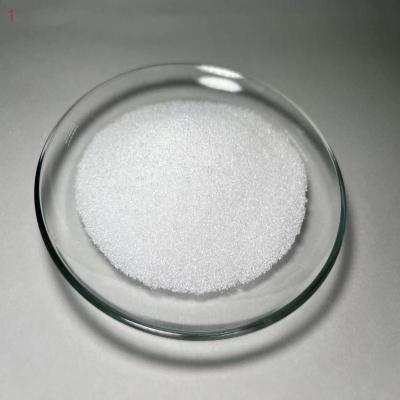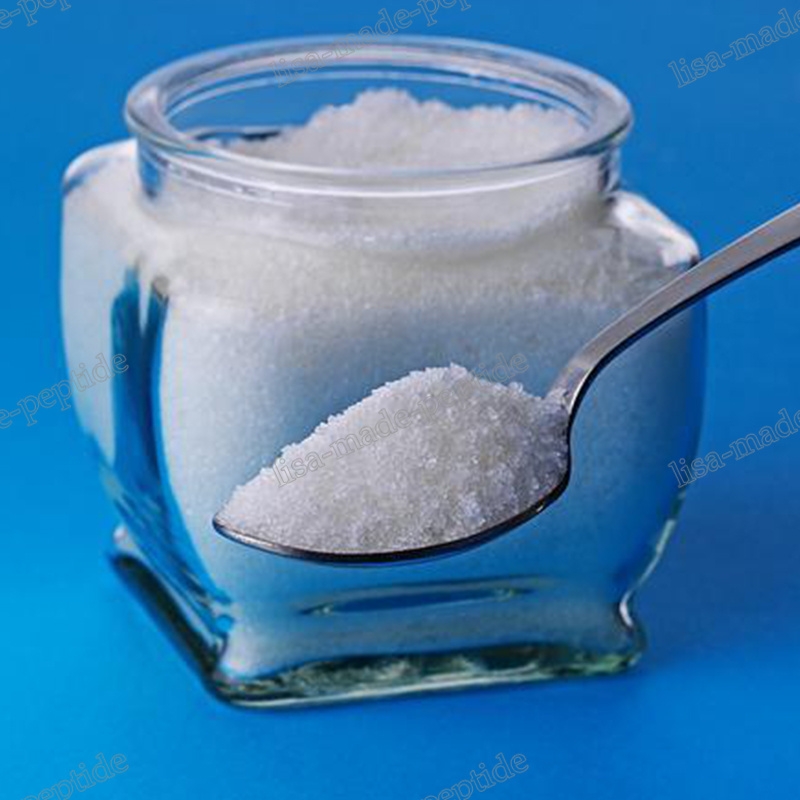-
Categories
-
Pharmaceutical Intermediates
-
Active Pharmaceutical Ingredients
-
Food Additives
- Industrial Coatings
- Agrochemicals
- Dyes and Pigments
- Surfactant
- Flavors and Fragrances
- Chemical Reagents
- Catalyst and Auxiliary
- Natural Products
- Inorganic Chemistry
-
Organic Chemistry
-
Biochemical Engineering
- Analytical Chemistry
-
Cosmetic Ingredient
- Water Treatment Chemical
-
Pharmaceutical Intermediates
Promotion
ECHEMI Mall
Wholesale
Weekly Price
Exhibition
News
-
Trade Service
Issues such as the Russian-Ukrainian conflict and blocked global supply chains are still plaguing Europe in recent times
.
European market participants are discussing the establishment of stable petrochemical reserves and diversification of petrochemical sources to effectively deal with various crises that may arise in the future
.
Frans Stockmann, executive director of petrochemicals at the European Chemical Industry Council (Cefic), said that at a time when events such as the Russian-Ukrainian conflict and ongoing supply chain disruptions continue to unfold, the EU must expand the storage capacity of key basic chemicals to improve Resilience
.
Stockman told a Cefic event this week on diversifying the EU's supply of key raw materials that the Russian-Ukrainian conflict and its fallout showed that the EU needs to build up a storage capacity for chemicals, similar to what countries around the world have built for oil.
and natural gas reserves
.
"It's about short-, medium- and long-term strategies," Stockman said.
"
We need to identify key bottlenecks for these products in crisis mode, we need to think about logistics, we need to think about storage, we need to think about building strategic reserves, just like we did with oil strategy.
The same reserves
.
"
Stockman said that since the outbreak of the Russia-Ukraine conflict, the EU and the rest of the world have mainly focused on sanctions and the need to diversify resources, reducing Russia's oil and gas supplies
.
However, Europe's reliance on Russia for basic chemicals is just as bad, a problem that the conflict has brought to the fore
.
Stockman pointed out that Russia is the EU's fifth largest source of chemical imports and the fourth largest chemical export market
.
In 2020, EU chemical exports to Russia were about the same value as those imported from Russia, at 10.
2 billion euros, according to Cefic
.
Based on research by Cefic and the European Union, Stockman listed the top 20 chemical sectors that have been imported from Russia in the history of the European Union
.
Fertilizers account for 9 of the 20 affected products, of which 24% of urea consumption depends on Russian imports
.
The data also shows that the EU's dependence on Russia's carbon black consumption accounts for 26% of its total consumption, methanol consumption accounts for 23%, ortho-xylene consumption accounts for 16%, and para-xylene consumption accounts for 10%
.
Stockman said: “We have been mapping the sensitivity of chemical import and export risks
.
Compared to other industries, the chemical industry is very risky
.
So once one of these chemicals starts to be affected by the crisis, we will be impacted the most
.
We need to diversify our supply, get chemicals from different regions and not rely on a single source
.
”
Oscar Guinea, a senior economist at the European Centre for International Political Economy (ECIPE), an EU think tank, said at the meeting that in 2020, chemicals will account for about 25% of the 233 EU imports that ECIPE will focus on, equivalent to 75% of regional production.
above, and the high concentration of suppliers, which brings a "dependency problem" to the EU
.
Chemicals and pharmaceuticals combined accounted for 31%
.
"What can the EU and European companies do to reduce this dependence?" Guinea said there are three general strategies, each with pros and cons: "One is to stockpile these dependent commodities; the other is to produce these commodities regionally; The third is to diversify supply sources so that they are not tied to a particular company or geographic location
.
”
Hubert Gambles, Deputy Director-General of the Council for the Internal Market, Industry, Entrepreneurship and Small and Medium Enterprises of the European Commission, said that prioritizing access to key raw materials and strengthening supply chains is one of the Commission's priorities for manufacturing
.
The EU aims to increase its intra-regional manufacturing capacity and forge new international partnerships to achieve this
.
Gambles stressed that the latest renewable energy targets announced by the European Commission last week under the REPowerEU scheme underscored the need for partnerships that cover the supply of raw materials
.
Gambles said any new partnership deal should avoid the EU's reliance on a single country or source for key raw materials
.
"The EU needs to avoid repeating past dependencies," he said
.







